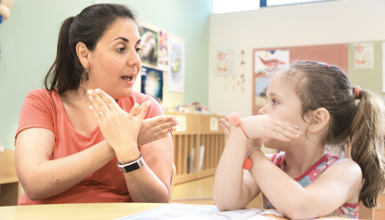ASN (Scotland)
Additional support needs (ASN) is the term used in Scotland for children and young people with additional learning needs, the same as SEND in England or ALN in Wales.
There are approximately 184,000 children and young people in Scotland with ASN, or 26.6% of pupils. This could include having motor or sensory impairments, having learning difficulties such as dyslexia, having English as an additional language, or having emotional and social difficulties.
All schools in Scotland have a duty to provide appropriate support for children and young people with additional support needs (ASN). This was laid out in the Education (Additional Support for Learning) Scotland Act 2004.

